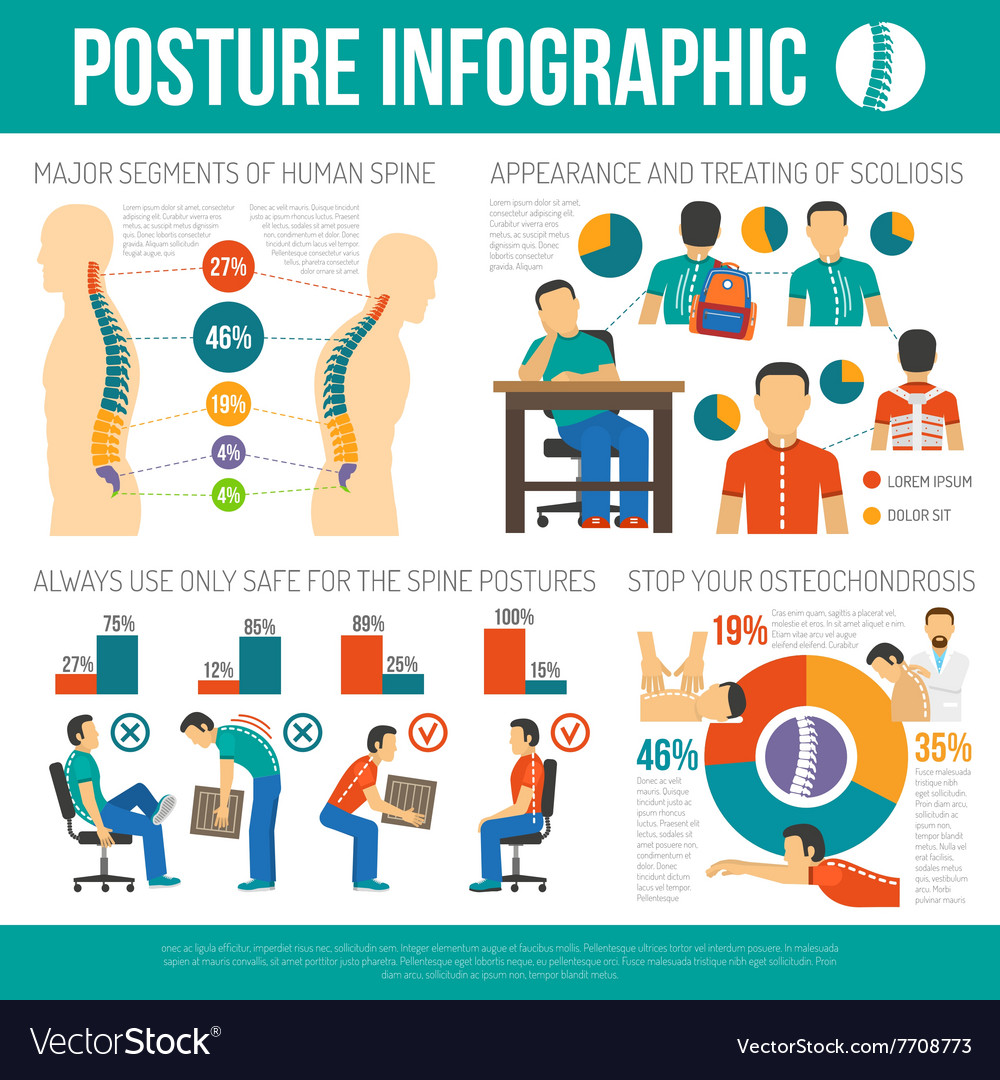Check Out The True Reasons For Your Pain In The Back And Take Initiative In Handling Your Health
Check Out The True Reasons For Your Pain In The Back And Take Initiative In Handling Your Health
Blog Article
Composed By-Cannon Butcher
If you're experiencing back pain, your body could be attempting to tell you something greater than just discomfort. https://painclinicchiropractic62849.blue-blogs.com/37030203/firsthand-accounts-just-how-chiropractic-care-treatment-has-actually-changed-lives-and-enhanced-quality-of-life feels can provide useful ideas about your overall wellness. Recognizing the certain sort of pain you're really feeling and any kind of going along with signs is vital to unraveling the mystery behind your discomfort. Let's explore the common problems and symptoms related to various types of neck and back pain to shed light on what your body may be signaling.
Types of Back Pain
When it concerns back pain, there are different types that you might experience. One usual kind is muscle discomfort, often caused by overuse, stress, or injury to the muscles and tendons sustaining the back. This type of pain can vary from moderate pain to severe and debilitating pain.
An additional type is nerve pain, which can result from conditions like herniated discs or sciatica. Nerve discomfort typically offers as a sharp, shooting feeling that radiates down the leg.
Joint discomfort in the back can originate from concerns like arthritis or sacroiliac joint disorder. This sort of discomfort is generally felt in the lower back and can be intensified by particular movements.
Furthermore, back pain can be connected to architectural issues such as back stenosis or vertebral cracks. Comprehending the kind of pain in the back you're experiencing is critical in determining the proper treatment and administration approaches.
Common Manifestations to Look For
Relocating beyond the different sorts of back pain, it's important to recognize the common signs and symptoms that can signify underlying concerns.
Consistent back pain that worsens with movement or in the evening could suggest a much more major trouble. Tingling or tingling in the legs or feet, specifically when accompanied by weakness, might indicate a nerve-related concern. If you experience abrupt weight-loss in addition to pain in the back, it could be an indication of an extra systemic condition.
Take note of any kind of adjustments in bladder or digestive tract function, as this could be linked to spine compression. https://www.medicalnewstoday.com/articles/325707 , cools, or night sweats together with pain in the back might signal an infection. Watch out for discomfort that emits down one or both legs, possibly a sign of sciatic nerve pain.
Wellness Issues Linked to Back Pain
If you deal with pain in the back, it's vital to understand the prospective health and wellness conditions linked to this pain. Pain in the back can be a sign of different underlying problems, including muscle mass stress, herniated discs, osteoarthritis, back constriction, and even problems like kidney stones or infections.
Muscle pressures are common and usually arise from raising hefty things or unexpected motions.
Herniated discs take place when the soft cells in between vertebrae protrudes, triggering nerve irritation.
Osteo arthritis, a degenerative joint disease, can bring about back pain as cartilage material wears down.
Spine constriction, the narrowing of the spinal canal, can put pressure on nerves.
Kidney rocks might cause extreme back pain if they move into the urinary system.
Infections like spine osteomyelitis can likewise show up as neck and back pain. Understanding these possible wellness conditions can help you look for proper healthcare and management for your pain in the back.
Verdict
So, following time your back injures, pay attention to the kind of pain and accompanying symptoms. Maybe a signal from your body concerning underlying health problems like muscle strain, nerve issues, joint troubles, and even structural concerns. By acknowledging these indications, you can take proactive steps to address the root cause of your pain in the back and improve your general health and health.
